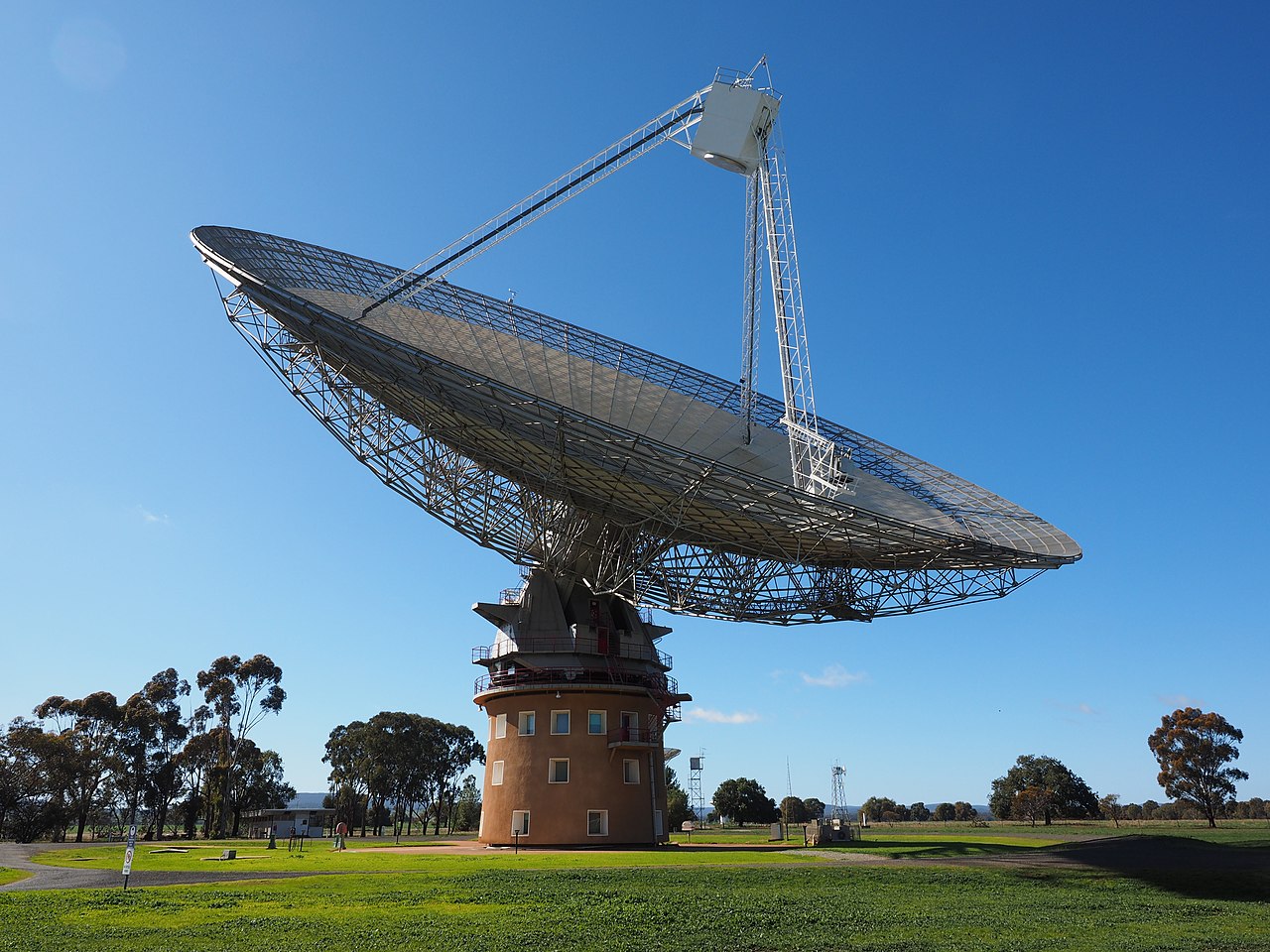Opportunity in digital technology in the industry is enormous, but uptake has been mixed. Significant challenges exist that are both technological and cultural. So how do we change the mindset and start on the data journey?
Data lies at the heart of measuring and managing all aspects of farm efficiency. Not only is this essential to creating profitable businesses throughout the agrifood supply chain, but it is increasingly required by the supply chain to fulfill sustainability obligations.
To achieve those “net zero” objectives, collaboration is key. Most stakeholders in the supply chain want to work with farmers, not against them. We need data to create integrated supply chains where benefits can be shared.
The NFU launched their ‘British farming: A Blueprint for the Future’ report at the NFU Conference in February 2022. It outlined a plan for a ‘resilient, sustainable and productive agricultural sector that is good for shoppers, the environment and for British farmers’.
The report’s focus on climate friendly farming highlighted their ambition to tackle climate change as one of the first global farming organisations to publish a comprehensive and achievable roadmap to net zero greenhouse gas emissions by 2040. It stated that ‘by maintaining its progressive approach to the adoption of new technologies, and continuing to be led by science, the government can help to ensure we can take full advantage of these advances and enhance our position as a world leader in climate-friendly farming’.
Although there are some existing incentives to encourage farmers to collect data, more can be done in this space, by means of grants though to initiatives from the private sector to stimulate farmer engagement through effective rewards.
The collection of data needs to be as streamlined as possible and its analysis needs to provide demonstrable actionable insights. Creating standardised metrics, devices or apps which are easy to use and compatible with other equipment will all aid in the uptake of collecting data. Farmers need to have the ability to use the data to help make decisions and see the outcome of these decisions with ease.
Sir Peter Kendall, farmer and former NFU President, says: “In my view we have not got serious enough about data and we need to. In my own farm business where we have expanded beyond our 1,300ha arable operation to develop a substantial poultry business, data is becoming a key tool for effective decision making.
“A mistake in farming is thinking your business is unique and you can’t compare yourself to someone else. You can. If you look at your fuel usage or your staffing requirements, no matter your size you can look at where your competitors sit.”
Trust in who is doing what with data is a central pillar that needs addressing if the data is to flow, Map of Ag Chief Commercial Officer, Julian Gairdner adds. “In our own business we are developing the technology with our Pure Farming platform that puts farmers in control of their data. Our belief is that farmers should be able to manage who can use their data and under what Ts and Cs. We are providing the tech to support a cultural shift in the sector towards making data sharing is easy, trustable and beneficial.”
Map of Ag will be discussing this topic with a panel of industry representatives at Cereals, The Arable Event on 8th June 2022. The session will be held in the New Era Tent at 1.30pm, and is titled, ‘What is the data strategy for your farm? How joining the data journey can bring benefits for your business and the environment.’
Cereals will be held at Duxford, Cambridgeshire on 8th–9th June 2022 bringing together the decision-makers and influencers within the agricultural industry, a perfect platform for you to network and share your ideas.


